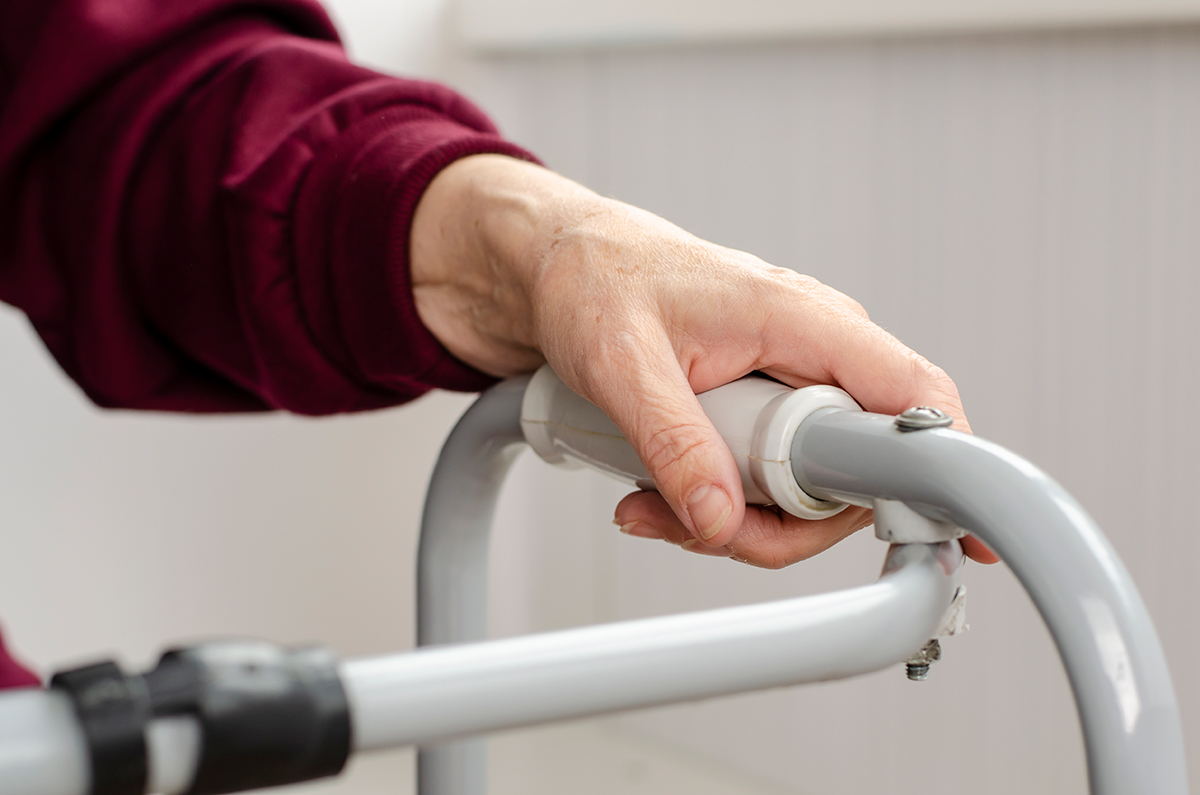Parkinson's disease is a neurological disorder characterized by degeneration of dopamine-producing neurons in the substantia nigra, a structure in the brain.
Due to the high content of the pigment melanin, the substance nigra is distinguished from other neuronal tissue by its dark color (hence the name). As a result, over time, the disease literally collapses the entire nervous system of a person. Dopamine is actually the neurotransmitter that conveys the impulses to ensure an individual's normal movements.
Symptoms
The symptoms of Parkinson's disease result from the loss of nerve cells in the brain due to the degeneration of neurons that produce dopamine, which affects the control of movements as well as other areas such as - mood, sleep and thought activity.
Currently, experts share a common opinion that Parkinson's disease is not due to a single factor, but rather a combination of genetic predisposition and the influence of harmful environmental factors and aging.
Among the first symptoms of Parkinson's disease are so-called "motor" or more commonly known as motor (movement-related) symptoms include:
- Tremor - A characteristic of tremor is that it can also occur at rest, not just during physical activity. This symptom affects over 70% of patients. It manifests at different times, worsens during stress and disappears with sleep.
- slowing down of movements - slowing down of movements means that otherwise simple movements are performed with more effort and require more time;
- change in gait - the patient begins to walk with more forceful and slow steps, stoops. There is also a change in the handwriting, as the writing becomes with smaller letters.
- Muscle stiffness - Tightness in the muscles is usually more pronounced for one side of the body. The patient feels stiffness in the body and resistance when trying to move the limbs.
- balance problems;
In addition, non-motor symptoms are also found, for example:
- depression
- dementia
- pains
- bad sense of smell
- sleep problems
- digestive disorders
- blood pressure, etc.
All these things further aggravate the course of the disease.
Parkinson's disease is a progressive disease and over time new symptoms appear and existing symptoms gradually worsen. However, the disease is not fatal - patients can live for 15 to 25 years from the time of diagnosis, making it a long-term (chronic) disease.
Diagnostics
Diagnosis of the disease involves various types of tests that are necessary to prove conclusively the presence of this particular disease, as well as to determine its stage. It is advisable to perform diagnostic imaging studies, such as magnetic resonance imaging or computed tomography, and thus rule out other causes of the condition.
Treatment
Parkinson's disease is relatively rare, occurring between 100 and 200 hundred in every 100 000 people, and affects mainly people aged between 50 and 60. As the risk of developing Parkinson's increases with age, the fact that there is an ageing trend in the population means that the number of people with Parkinson's will increase.
At this stage, Parkinson's disease cannot be cured. However, symptomatic treatment is successfully applied. Although the source of the disease is unknown and cannot be eliminated, symptoms can be alleviated or eliminated with a combination of drug therapy, psychotherapy, physiotherapy and when neurosurgical intervention is required. The goal is to control and relieve symptoms so that patients can lead full lives despite their illness.
For more information, we at Medical Karaj are at your service.
Call us on the following numbers "Medical Karaj": 0879 977 401 or 0879 977 402.
Also keep an eye on our constantly updated Facebook content.








